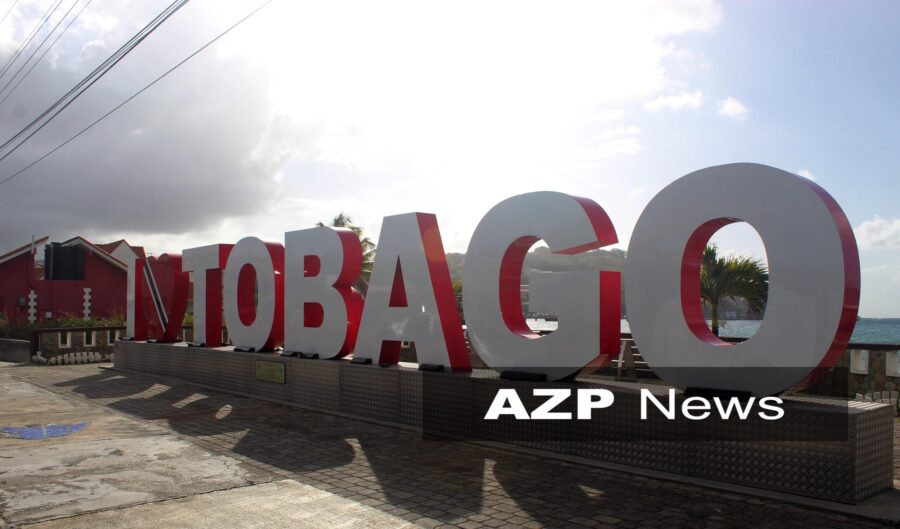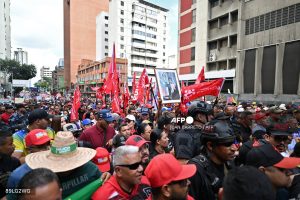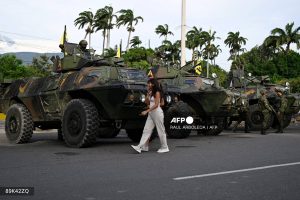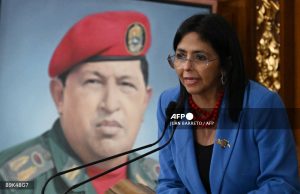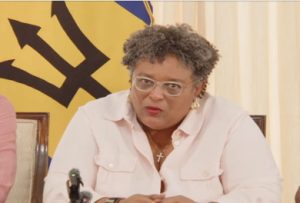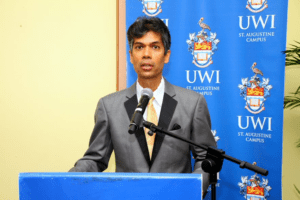
THE Workingmen’s Association (WMA) formed in Port of Spain in 1894, was the first labour fraternity of its kind in Trinidad and Tobago.
During the period 1894-1896, the WMA attracted certain categories of workers comprising skilled workers of African- descent who were masons, carpenters, railway workers and store clerks. For almost a decade, the WMA remained dormant and was not engaged in any serious involvement in public affairs.
The decision of the colonial government to establish a nominated Town Board in 1906 provided an opportunity for the revival of the WMA when its leaders associated themselves with the discontented groups and individuals seeking a restoration of the Borough Council in Port of Spain.
Paid Political Ad

The WMA was later changed to Trinidad Workingmen’s Association (TWA) and its president, Captain Arthur Cipriani, played a major role in mobilising the working class and establishing branches in Tobago. Cipriani’s vision for Tobago was one where the working class would be empowered and gain political acumen. Furthermore, the TWA’s presence in Tobago included selecting candidates, canvassing and educating citizens on social and economic issues.
The involvement and organisation of Labour in Tobago began during the 1920s. However, Labour in Trinidad had a much earlier beginning. The Trinidad Workingmen’s Association (TWA) was the first labour organization, from Trinidad, to enter Tobago to establish branches of its organization. The TWA was also the first Labour organization to contest elections during the 1920s and 1930s in Tobago.
The activities of the TWA and its formation of branches were not confined to Trinidad. By July 1929, the TWA signalled its interest in consolidating its activities in Tobago, and in early January 1930 branches of the association were established in Plymouth, Scarborough, Patience Hill, Lambeaux Village, Mason Hall, Roxborough, Belle Garden Moriah, Glamorgan, Bethel, Canaan and Bloody Bay. The Labour Leader reported that as a result of the efforts of Aldon F Charles and members of the Scarborough branch, 208 workers had enrolled in the association and more than 100 members joined the TWA in Tobago.
Towards the end of January 1930, a delegation of nine members from Trinidad including Cipriani, Timothy Roodal, Vivian Henry and Brathwaite visited Tobago for affiliation ceremonies for branches of the Association.
The labour representatives from Trinidad were greeted by a crowd of 6,000 persons wearing red rosettes signifying their support for labour.
The reception committee comprising L Edwards (Secretary), J St Louis of the Moriah branch, William Timothy of Bloody Bay, N Williams from Plymouth and H. Frederick of Belle Garden joined a procession led by a brass band, along Main and Bacelot Streets to the R.C grounds where Cipriani gave his inaugural address to the large crowd.
The delegation from Trinidad visited 16 districts including Pembroke, Speyside, Glamorgan, Roxborough, Delaford and Belle Garden. A fund-raising effort was undertaken in Scarborough to build a “Labour house” on the island.
Although there was some consolidation in the work of the TWA in Tobago during the period 1929-1930, there were reported attempts to frustrate the recruitment efforts of the Association “… certain mischievous persons… still try to mislead the workers, by inducing them not to join the TWA, but Tobago labourers are getting wise and will no longer allow themselves to be exploited…” Nevertheless, the Association continued to consolidate its position with the formation of new branches, such as Pembroke branch which received its certificate of affiliation in May 1930.
Tobago’s participation in the elections of 1925 was merely another phase in its long association with representative institutions.
The 1924 Constitution allocated one seat to Tobago among the seven elected members in the new Council. This small concession did not diminish the enthusiasm and involvement of candidates and supporters in electioneering in the island.
The Labour Leader reported, “Tobago is hot with the question of the coming election. This is the subject that is being freely discussed. It is not known to a certainty how many candidates will contest the seat for Tobago at the Legislative Council, but Mr James A Biggart is electrifying his countrymen to be up and doing in his favour, and many have caught his inspiration.”
Dr Jerome Teelucksingh is an activist. He initiated the inaugural observances of International Day for the Elimination of Violence Against Men and Boys (January 31) and World Day of the Boy Child (May 16). He has made academic presentations at tertiary institutions including Harvard University and Oxford University.
See other articles by Dr Jerome Teelucksingh on AZP News:
Are Humble Caring Fathers Champions?
Influencing West Indian Masculinity
Defining Caribbean Masculinity
Is Monogamy Encouraged in the Caribbean
Naps Girls: From Humble Beginnings to Excellence
US Media Creates Cultural Dependency in the Caribbean
Bloodless Revolution to Save Lives in Developing Countries
The Need for a Social and Moral Revolution
The Law of Supply and Demand in Developing Countries
End the Dependency for Developing Countries
T&T Carnival and the Emperor’s New Clothes
The Influence of Labour on Caribbean Integration
The illusion of political Unity
Presbyterians in Trinidad: Humble Missionaries, Local Workers
Religious Plurality: Curse or Blessing
Caribbean Youth Need Optimism, Patriotism
Rethinking Identities in Caribbean, Latin America
November 19: All Inclusive International Men’s Day
Should International Agencies be Blamed for Unemployment
A Need to Observe Word Unemployment Day
An Ideology for the Trade Union Movement
The Man who Couldn’t be Prime Minister
Social Outburst vs Social Revolution
Challenges of the Men’s Movement
If George Floyd was Denied Parole
The Meaning of Indian Arrival Day in T&T
International Men’s Day – A Way of Life
Wounds that cause school violence
May Day: A Time for Solidarity, Strength
Who Coined the Term ‘Black Power’
The illusion of political Unity
Presbyterians in Trinidad: Humble Missionaries, Local Workers
Religious Plurality: Curse or Blessing
Caribbean Youth Need Optimism, Patriotism
Rethinking Identities in Caribbean, Latin America
November 19: All Inclusive International Men’s Day
Should International Agencies be Blamed for Unemployment
A Need to Observe Word Unemployment Day
An Ideology for the Trade Union Movement
The Man who Couldn’t be Prime Minister
Social Outburst vs Social Revolution
Challenges of the Men’s Movement
If George Floyd was Denied Parole
The Meaning of Indian Arrival Day in T&T
International Men’s Day – A Way of Life
Wounds that cause school violence
May Day: A Time for Solidarity, Strength
Who Coined the Term ‘Black Power’
![]()


